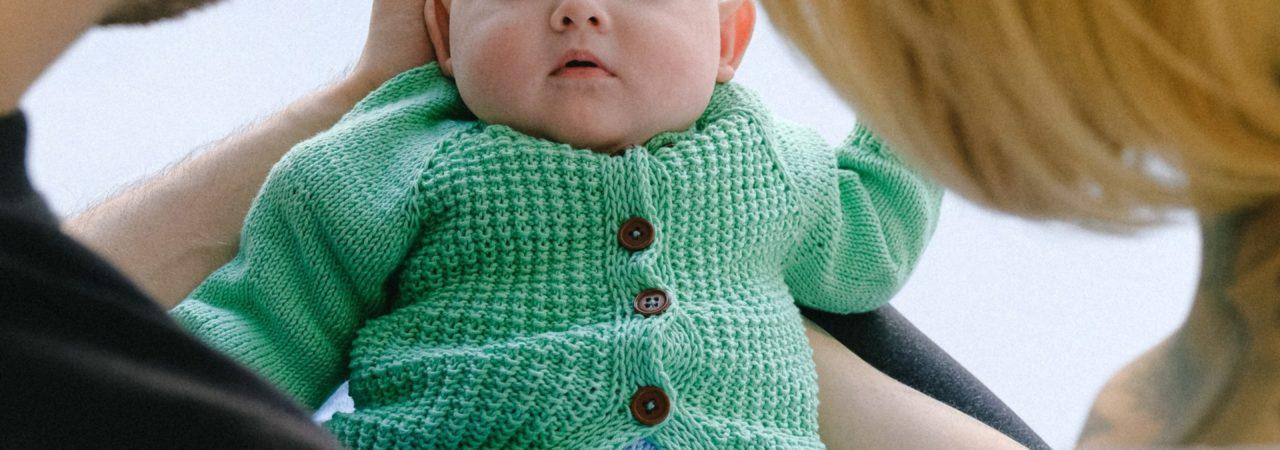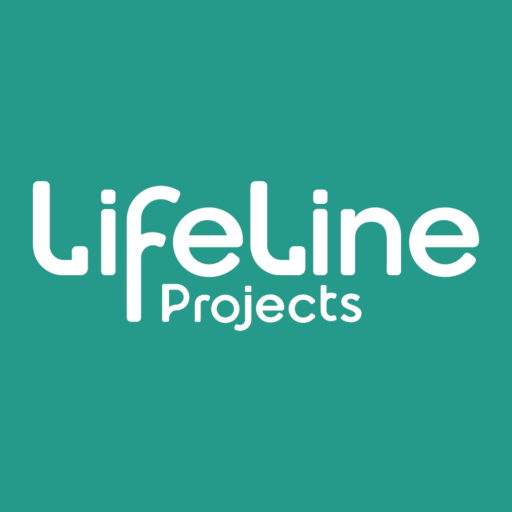



When we refused, we were threatened with a referral to Social Services. The health visitor had left us somewhat traumatised. Later that night, Judi phoned her friend Lucy, who was a LifeLine-trained breast-feeding peer supporter. Lucy came round to our house immediately—she brought with her peace, reassuring us and giving practical breast-feeding support. This was the first of many times we called upon Lucy for support.
Unfortunately, Judi’s story is not uncommon.
—Nathan Singleton, CEO, LifeLine Projects
Research has shown that the UK has ended up with the worst rate of breastfeeding in the world. The World Health Organisation recommends that babies are fed exclusively on breast milk for the first six months—in the UK, this could be happening in as little as 1% of cases1.
We believe that every new mother needs a Lucy. But many are isolated from their community and have no-one to turn to. This is why, thanks to Start4Life funding secured by Barking and Dagenham Council, we’ll be partnering with Havering Mind to develop a programme to increase the number of mothers breastfeeding, both in the first six months and beyond. Together, we’ll working in a variety of areas to achieve this goal, including:
- Building a long-lasting support network for families, where mothers can discuss, share, and learn together. The network will be driven by a team of trained peer supporters recruited from the local community.
- Antenatal sessions, delivered in-person or online, that provide key information and show expectant families what to expect when starting breastfeeding.
- Breastfeeding informal support groups, held regularly around the borough, to bring families together to share and discuss their experiences and receive guidance from peer supporters.
- One-to-one support, delivered in-person or online, for families in need of further help.
We’ll also be working closely with various maternity, community and other public services in the borough to ensure that no family that needs help with breastfeeding goes unseen. And, as part of our commitment to long-term support, the support network from this programme will be designed to be resilient and self-sufficient, so that the help continues long after the funding ends.


References
- ^https://digital.nhs.uk/data-and-information/publications/statistical/infant-feeding-survey/infant-feeding-survey-uk-2010. This is the last time a survey of breastfeeding has been performed at such a level.
- ^https://www.thelancet.com/journals/lancet/article/PIIS0140-6736(15)01024-7/fulltext



